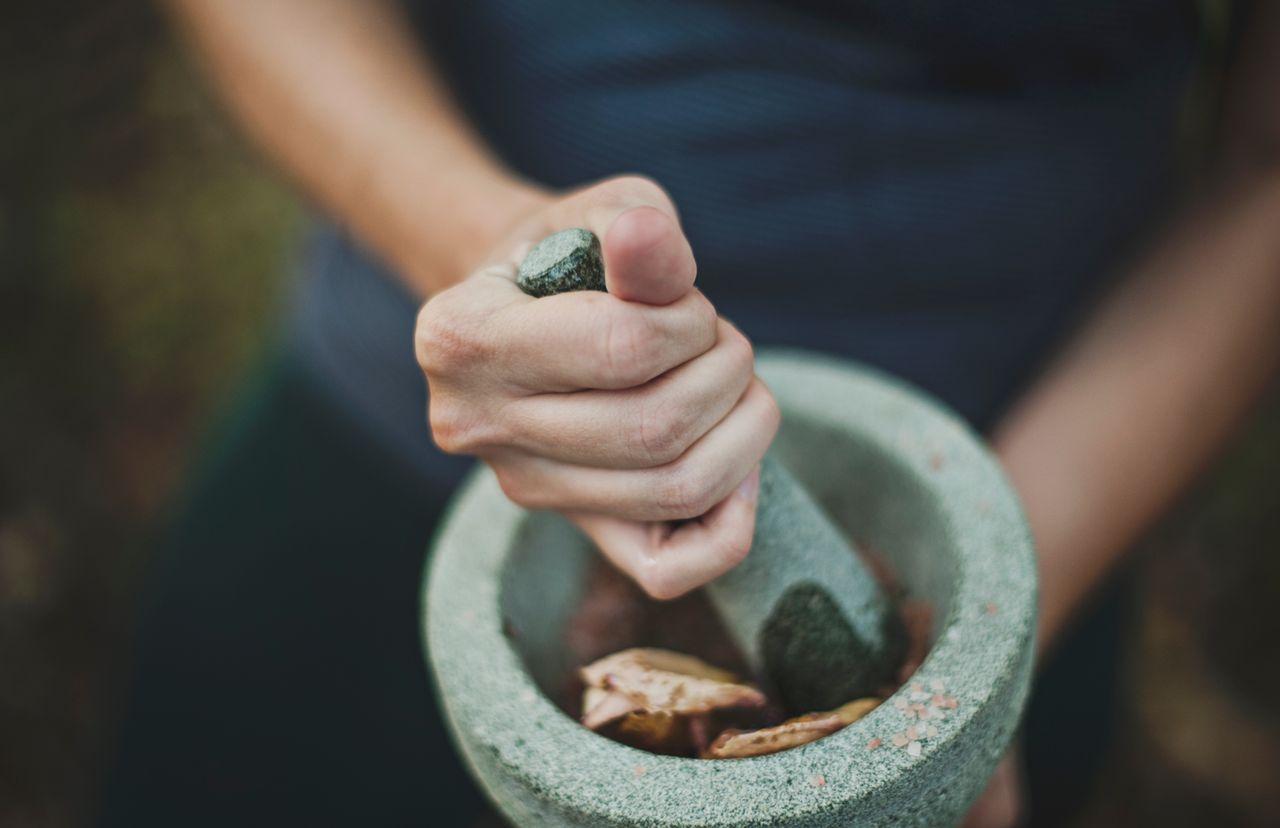Even though essential oils are natural extracts and are generally perceived to be safe for unguided use, they require proper handling to avoid injury and other safety risks. If you’re new to using essential oils to heal your body and mind, the following frequently asked questions will help you get started on the right note.
What are essential oils?
Essential oils are highly potent aromatic oils that are derived from plants either through a sophisticated distillation process or by cold press extraction. Either of these processes produces pure (or neat) essential oils of high concentration. These may be sold in their original form or may be further diluted or processed by the manufacturer to create products with greater shelf life meant for mass consumption.
What are the different ways to use essential oils?
Essential oils can be used in three different ways, as follows:
Aromatherapy: The oldest way to use essential oils is to diffuse them using a diffuser and let the aroma pervade the air. Some essential oils are also used through inhalation.
Topical application: Some essential oils can be applied directly onto the skin. As essential oils are highly concentrated, products for topical use are diluted with a carrier oil.
Ingestion: You may add essential oils to food or consume them as supplements; however, ingest only those oils that are marked safe for internal use.
What are the benefits of essential oils?
Each essential oil has its own unique health benefits. Many pure oils are meant primarily for aromatherapy to ease stress and anxiety, improve mood and invigorate the mind. Topical essential oils are frequently used to relieve aches and pains, treat skin disorders and relieve symptoms of certain medical conditions.
Essential oils that are safe for oral consumption are used for many different purposes, including parasite cleansing and detoxification. Oregano is a fine example. In the article “12 Best Essential Oils For Parasite Cleansing”, Dr. Todd Watts explains how oregano impairs a parasite’s ability to attach itself to your red blood cells.
Is it safe to use essential oils topically?
As pure essential oils can irritate the skin, it is important to avoid direct contact with the product. If you want to benefit from topical application, choose a product that’s meant specifically for the purpose. Remember to store the product away from babies, children and pets.
Can essential oils be added to food?
Yes, certain food-grade essential oils can be used in food. You may add essential oil to food if it’s a certified food-grade product and only if it carries the required nutritional content and serving information as per federal regulations. These days essential oils are readily available in the form of dietary capsules, sublingual products (placed under the tongue), and drops that are safe to consume in water.
Because essential oils are highly concentrated, it’s important to buy quality products from a reputable manufacturer and to use them as directed. Do not use essential oil for purposes other than its declared use.
What is a carrier oil?
Due to the high potency of pure extracts, many essential oils are mixed with a carrier oil, which serves as a base for essential oils meant for topical application. The carrier oil dilutes the essential oil and makes it easier to apply to the skin. High-quality coconut oil is frequently used as a carrier.
In addition, as essential oils evaporate quickly, adding a carrier oil slows down the evaporation process and thus controls wastage. Carrier oils must be used to dilute strong essential oils used on children and pregnant women.eee
Do essential oils have an expiry date?
Yes, they do. Essential oils can deteriorate over time, but that depends on the oil’s unique chemical composition as well as its exposure to heat, air, and light. An essential oil past its shelf life may become toxic owing to exposure to the elements, or it may become unfit for its intended use. An essential oil past its shelf life must be discarded.
What is the best way to store essential oils?
Pure essential oils are expensive and also highly concentrated; therefore it’s important to handle and store them properly, away from heat, moisture, and light. This will ensure that the oil retains its therapeutic qualities for a long time.
Store your essential oils in a cool and dry space away from the reach of children and pets. Replace bottle caps quickly to avoid evaporation and oxidation, and use the oil only as per manufacturer instructions.
